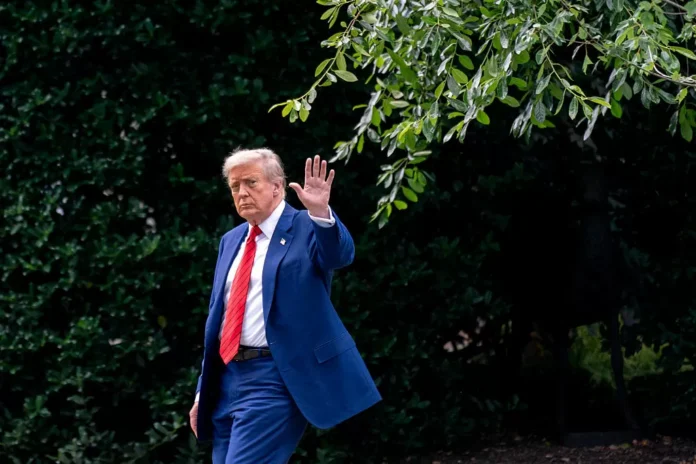The Joint Comprehensive Plan of Action (JCPOA) was a historic achievement for international diplomacy and a crucial step towards promoting peace and stability in the Middle East. However, in 2018, the United States made the decision to withdraw from the agreement, putting at risk the progress that had been made. As tensions continue to rise in the region, it is more important than ever to recognize that the JCPOA was working before the U.S. pulled out and that another accord is still the best way forward.
The JCPOA, also known as the Iran nuclear deal, was a landmark agreement signed in 2015 between Iran and six world powers – the United States, United Kingdom, France, Germany, Russia, and China. It aimed to prevent Iran from developing nuclear weapons in exchange for the lifting of economic sanctions. The deal was the result of years of tough negotiations and was widely hailed as a triumph of diplomacy.
Before the JCPOA, Iran’s nuclear program was a major source of concern for the international community. The country’s uranium enrichment activities had raised fears that it was working towards developing nuclear weapons. This had led to the imposition of severe economic sanctions, which were crippling Iran’s economy and causing immense hardship for its people.
The JCPOA changed this dynamic by putting in place a strict monitoring and verification system to ensure that Iran was complying with its commitments. Under the deal, Iran agreed to significantly reduce its stockpile of enriched uranium, limit its uranium enrichment levels, and allow international inspectors to access all of its nuclear facilities. In return, sanctions were gradually lifted, giving Iran access to much-needed funds and resources.
The JCPOA was working as intended and achieving its goals before the U.S. pulled out of the agreement in May 2018. The International Atomic Energy Agency, the UN’s nuclear watchdog, repeatedly confirmed that Iran was complying with its obligations under the deal. This was a significant achievement and a demonstration of the effectiveness of the agreement in preventing Iran from obtaining nuclear weapons.
The U.S. withdrawal from the JCPOA has had severe consequences for the stability of the region. Not only did it undermine the progress that had been made towards preventing Iran from developing nuclear weapons, but it also put the other signatories of the deal in a difficult position. Despite the U.S.’s withdrawal, the other parties remained committed to the agreement, but their efforts have been complicated by the reimposition of U.S. sanctions on Iran.
The reimposition of sanctions has had a devastating impact on the Iranian economy, causing the value of its currency to plummet, inflation to rise, and unemployment to increase. This has not only harmed the Iranian people but has also fueled anti-American sentiment in the country. It has also put pressure on the other parties to the deal, who are struggling to find ways to continue trading with Iran without violating U.S. sanctions.
As tensions continue to escalate in the region, it is clear that the JCPOA was a crucial tool for promoting peace and stability. Its collapse has only added to the already volatile situation in the Middle East. It is essential to recognize that another accord is still the best way forward to address the concerns surrounding Iran’s nuclear program and reduce tensions in the region.
The current state of affairs highlights the urgent need for all parties to come together and work towards finding a solution. The JCPOA was a testament to the power of multilateral diplomacy, and it is crucial that this spirit is revived to build a new agreement that is even stronger and more comprehensive. It is time for all parties to put aside their differences and focus on the bigger picture of promoting peace and stability in the region.
In conclusion, the JCPOA was a significant achievement in international diplomacy, and its effectiveness in preventing Iran from obtaining nuclear weapons was proven before the U.S. pulled out of the agreement. The current tensions in the Middle East only highlight the importance of finding a new accord that can address the concerns surrounding Iran’s nuclear program and promote peace and stability in the region. It is time for all parties to come back to the table and work towards a lasting solution. Let us not forget that another accord is still the best way forward.

